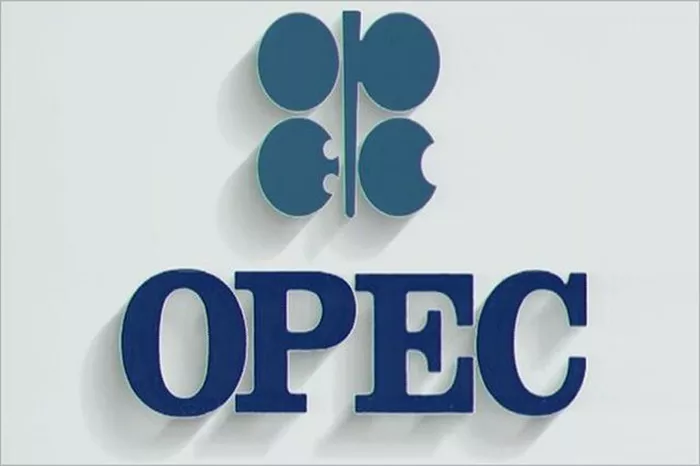In a long-term forecast, OPEC does not foresee a peak in oil demand, predicting it will rise to 116 million barrels per day (bpd) by 2045, possibly even higher. This stands in contrast to the International Energy Agency (IEA), which reported on Wednesday that it expects oil demand to peak by 2029, stabilizing at around 106 million bpd towards the end of the decade.
Hathaim Al Ghais, OPEC Secretary General, criticized the IEA’s report in an article for Energy Aspects, calling it “dangerous commentary, especially for consumers, and will only lead to energy volatility on a potentially unprecedented scale.”
OPEC+—comprising OPEC members led by Saudi Arabia and allies including Russia—has implemented significant output cuts since late 2022 to bolster the market. Currently, OPEC+ members are reducing output by a total of 5.86 million bpd, accounting for about 5.7% of global demand.
As of June 2, the group agreed to extend cuts of 3.66 million bpd until the end of 2025. Additionally, OPEC+ plans to gradually phase out 2.2 million bpd in cuts over a year starting from October.
The Paris-based IEA, which provides advice to industrialized nations, recently advanced its peak oil demand forecast to 2029, having previously predicted it would occur by 2030. The IEA anticipates oil demand will begin to decline in 2030 as the U.S. and other non-OPEC countries increase their supply.
Al Ghais countered these projections, citing past inaccuracies in IEA forecasts, such as the premature peaks in gasoline demand in 2019 and coal demand in 2014. He stated, “At OPEC, we see oil demand growth of 4 million bpd over the two years of 2024 and 2025, with other forecasters also predicting an expansion of over 3 million bpd. Even the IEA anticipates growth of 2 million bpd over this period, followed by an increase of 0.8 million bpd in 2026. It then dramatically drops off a cliff to almost no growth in the next four years through 2030.”
Al Ghais criticized the IEA’s projections as “an unrealistic scenario, one that would negatively impact economies across the world. It is simply a continuation of the IEA’s anti-oil narrative.”
Related topics:
Azerbaijan’s Oil Sector and OPEC’s Production Policies

